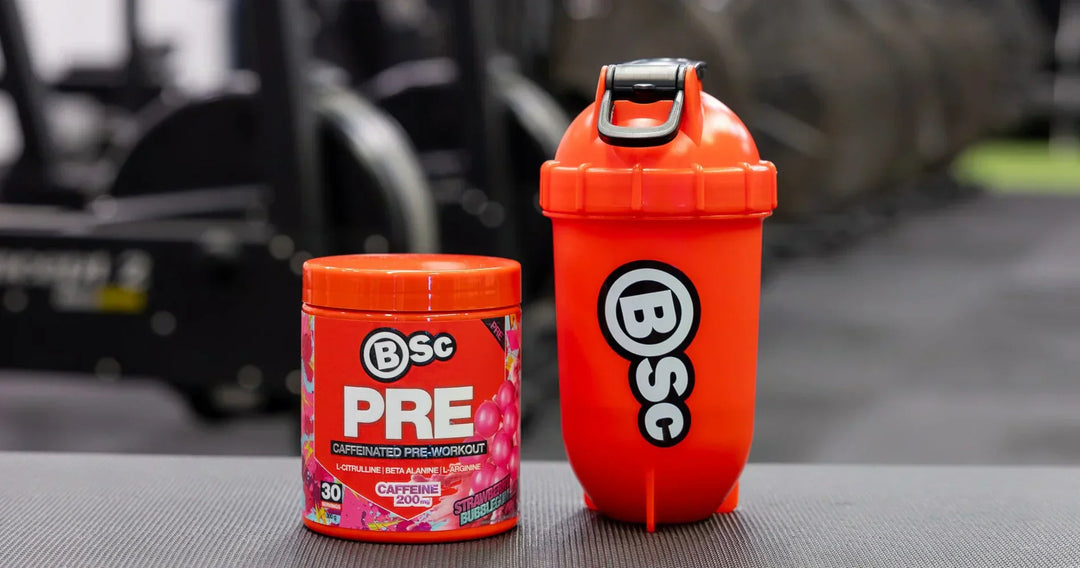The flight or fight response is an automatic stress response that human beings have to facilitate survival. In ancient times, our ancestors required this response in case they found themselves being chased by a lion or tiger.
In today’s society, we no longer have to run from tigers in the wild, but physiologically the same stress response can be triggered from everyday situations such as working long hours, meeting deadlines, performance reviews, overtraining, under-eating or even road rage.
What is happening when this response is triggered? When we have stressed our adrenal glands secrete cortisol. While in certain situations, this is a necessity, overproduction of cortisol for extended periods, can be detrimental to an individual’s health and well-being and can lead to weight gain or inability to lose weight, poor sleep, mental burnout, early aging and poor immune function. The good news, there are several strategies you can employ to help reduce, or keep your cortisol levels low.
Nourish your body with a balanced diet
What does a balanced diet look like? It is high in vegetables, lean proteins, slow-release grains and healthy fats. It should also contain foods high in fibre which help manage your sugar levels and keep your hormones balanced. You should reduce your intake of artificial ingredients including sweetened beverages and foods high in refined sugar (think lollies, cakes and biscuits, for starters) which are going to hurt insulin and cortisol levels.
Match intake to output
If you are active, aim to have the majority of your carbohydrates before and after your training session to ensure you’re providing your body with what it needs before to perform and to recover. Instead of eating carbohydrate-based foods across the day, try having small regular amounts of slow-release carbohydrates as they are beneficial for managing blood sugar levels. Good quality carbohydrates can play an important role in your weight loss journey, but you need to execute the distribution of them correctly.
Don’t over train
There is such a thing as overtraining. While you should be moving your body in some way every day, it is important to vary your training routine and allow your body to rest. Each person will have an individual threshold for what constitutes overtraining so it is a matter of listening to your body and also assessing your results and energy levels. Too much exercise can lead to injuries, exhaustion and hormonal imbalance.

Consider the use of herbs which may help
In recent times, there has been some interest in a new ingredient called Bluenesse, which is a lemon balm extract (Melissa officinalis). Preliminary research has indicated that Bluenesse may help provide beneficial physiological effects for mental health while simultaneously having calming and improved alertness effects.
Sleep
When the body is not under stress, cortisol levels are naturally increased upon wakening and decreased at night. When the body is under stress, cortisol levels can be low across the day and elevated at night. Finding ways to switch off, relax and have good sleep hygiene are all essential to a good night’s sleep. Getting adequate sleep and regulating your sleep cycle is an important strategy in managing your cortisol levels.
Jessica Spendlove from Health and Performance Collective




